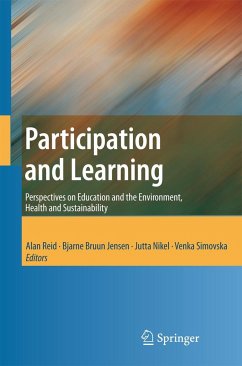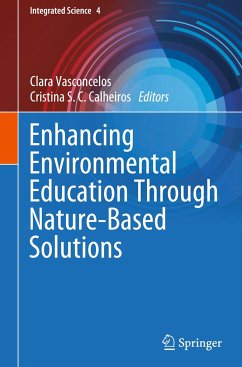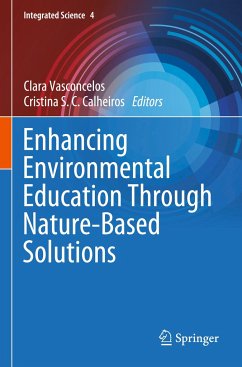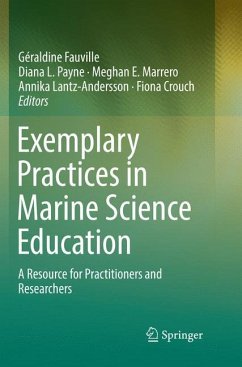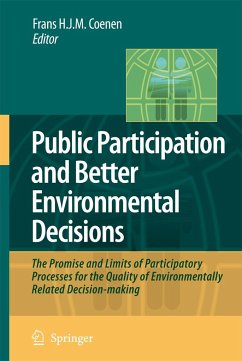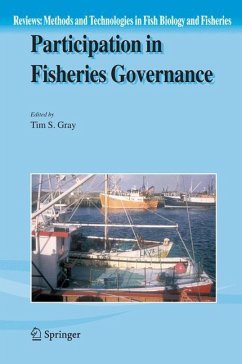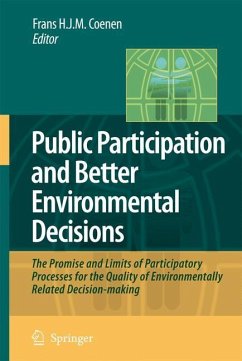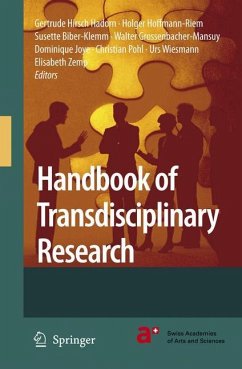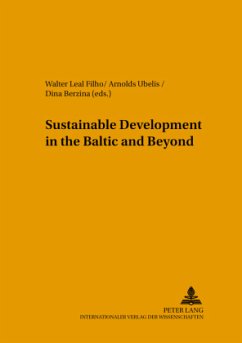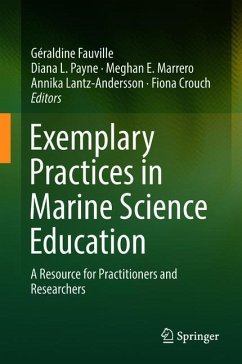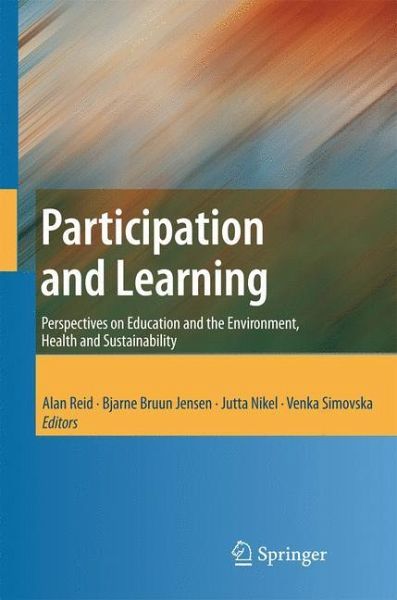
Participation and Learning
Perspectives on Education and the Environment, Health and Sustainability
Herausgegeben: Reid, Alan; Jensen, Bjarne Bruun; Nikel, Jutta; Simovska, Venka

PAYBACK Punkte
57 °P sammeln!
The Research in Participatory Education Network (RIPEN) was initiated by the Research Programme for Environmental and Health Education at the Danish School of Education, University of Aarhus, in 2003. It embraces a broad spectrum of researchers, scholars, students, and practitioners of participatory education, working in or from Europe, North America, Africa, and Australasia. Given the international scope of the network and the range of interests it now has, as initiators and early participants in the network the editorial team invited RIPEN to discuss what a critical perspective on participat...
The Research in Participatory Education Network (RIPEN) was initiated by the Research Programme for Environmental and Health Education at the Danish School of Education, University of Aarhus, in 2003. It embraces a broad spectrum of researchers, scholars, students, and practitioners of participatory education, working in or from Europe, North America, Africa, and Australasia. Given the international scope of the network and the range of interests it now has, as initiators and early participants in the network the editorial team invited RIPEN to discuss what a critical perspective on participatory approaches to education might mean for education and the environment, health and sustainability, and how network members might research and substantiate their claims and ar guments. Following the introductory chapter on the scope of this collection, 19 chapters illustrate the contributors' responses to that invitation. Our focus on critical perspectives was prompted by earlier work by Majid Rahnema in Wolfgang Sachs's (1992), Development Dictionary. Critiquing concepts of participation in a volume that set out to stimulate cultural, historical, and anth- pological debate on the key concepts of development, Rahnema (p. 126) wrote: Participation, which is also a form of intervention, is too serious and ambivalent a matter to be taken lightly, or reduced to an amoeba word lacking any precise meaning, or a slogan, or fetish, or for that matter, only an instrument or methodology.





